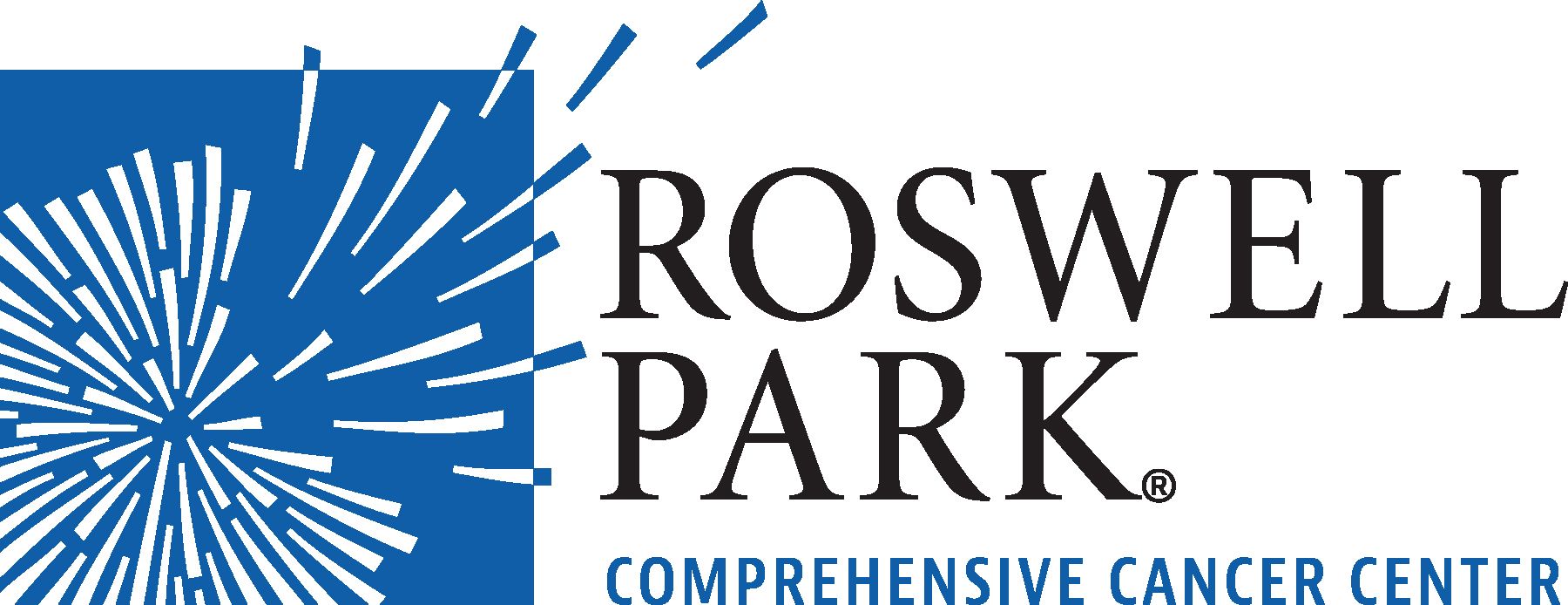
Dr. Mayor on Neuroendocrine Carcinoma in Gynecologic Tumors

Paul Mayor, MD, Gynecologic Oncology Fellow, Roswell Park Cancer Institute, discusses neuroendocrine carcinoma in gynecologic tumors.
Paul Mayor, MD, Gynecologic Oncology Fellow, Roswell Park Cancer Institute, discusses neuroendocrine carcinoma in gynecologic tumors.
In a comprehensive genomic analysis of neuroendocrine carcinoma of gynecologic and breast tumors, investigators identified mutations in various pathways. Mayor said that there were a significant number of p53 and Rb mutations, which are very common in neuroendocrine tumors from sites other than the gynecologic tract. This was expected.
There were a significant number of actionable mutations in the gynecologic subgroup, which Mayor said was unexpected. These actionable mutations were found in the mTOR, MEK, and homologous recombination repair pathways. About 60% of the patients had a mutation that was actionable. A large number of mTOR mutations were found in cervix and uterine primaries, Mayor added. These tumors can be targeted with agents that are currently on the market.




































